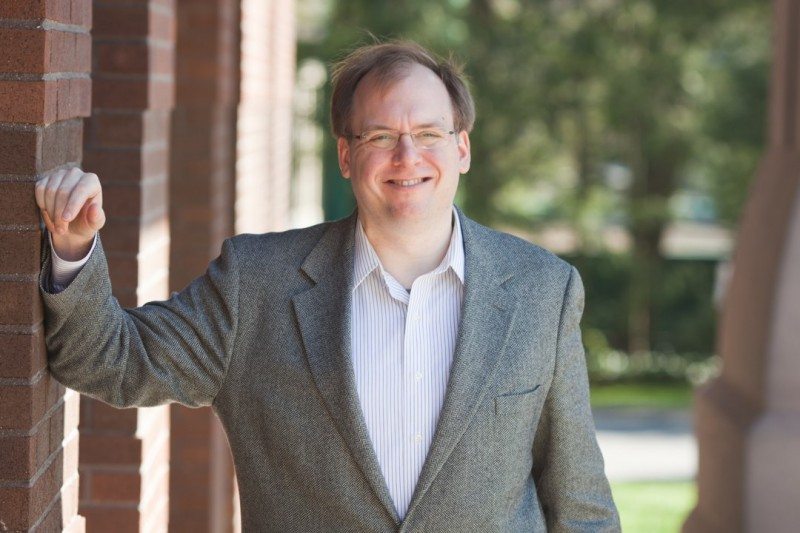
The human genome is the complete set of genetic data for human beings. The interpretation of the human genome sequence has been one of the major scientific breakthroughs of the 21st century. Since its initial release in 2001, our understanding of the sequence has deepened exponentially. By 2014, we had completely sequenced thousands of human genomes. The resulting information is used on a global scale, in fields as diverse as anthropology and forensics, and of course in biomedical science.
Dr. Gholson Lyon is an assistant professor at Cold Spring Harbor Laboratory, a research facility that specializes in utilizing an integrated approach to increase understanding of severe neuropsychiatric disorders, such as Tourette syndrome, schizophrenia, autism and the recently discovered Ogden Syndrome. The Lyon Laboratory uses technologies including whole genome sequencing and deep brain stimulation to investigate these conditions.
In spite of the remarkable advances in human genomics, Lyon does not foresee whole genome sequencing – the development of a complete set of genetic information for individual humans – becoming common in the near future.
“Really, right now, in terms of whole genome sequencing, there’s really very little of it going on that’s being returned to consumers or even integrated into electronic medical, to where I think we’re still very much in the pioneer days of certain brave individuals who are getting themselves sequenced. But I do think it’s going to be quite a while before it becomes common place,” says Lyon.
The reasons for this, he explains, are complex and include regulatory hurdles in the American health care system. Not only is whole genome sequencing not popular now, it may take up to another 50 years to become widely used.
The prospects do look good, however, in terms of genome sequencing making a meaningful headway into medical processes.
“It’s things like targeted sequences, targeted panels, exome sequencing – basically looking at less than the entire genome. … I think that that is definitely the approach that people are taking. My concern with that simply is that we don’t really know how genes interact with one another and if one is only sequencing parts of the genome and not really analyzing the entire genome with millions of other genomes. It’s really easy to be misled,” he says.
In other words, although it’s easier to make headway into the health care system with the smaller sequencing panels, these can sometimes provide too little information to provide detailed causative correlations between genes and medical data. Lyon warns of the danger of extrapolating too much information from these small correlations.
“The history of medicine, unfortunately, is really quite littered with the carcasses of positive studies that were over-hyped and then over-sold and eventually discredited,” he says.
This is because smaller studies are published correlating conditions to drugs or procedures, but large studies reveal that the correlation is incorrect. Only time and diligence will tell if genomics can stand up to this test.
What are some future applications for genetics applications and the human genomics? In terms of consumer applications, Lyon highlights genealogy as being one of the most promising aspects of genetics.
“I’m much more encouraged at the moment by genealogy. I think that there are certain direct consumer websites and companies like ancestry.com, and also companies like 23andMe, [that] are able to do genotyping and help people to link up various families. I think that we’re going to build much larger family trees going forward. We’ll be able to at least get a little better understanding of how diseases run in families and what their expressivity is,” he explains.
Although progress in the field of human genomics may be moving along at a somewhat slower pace than many consumers expected, within the next 20 to 50 years, we may begin to see more widespread use of whole genome sequencing, as well as the development of new medical treatments based on human genome research.
Image Credit: NYGenome.org







